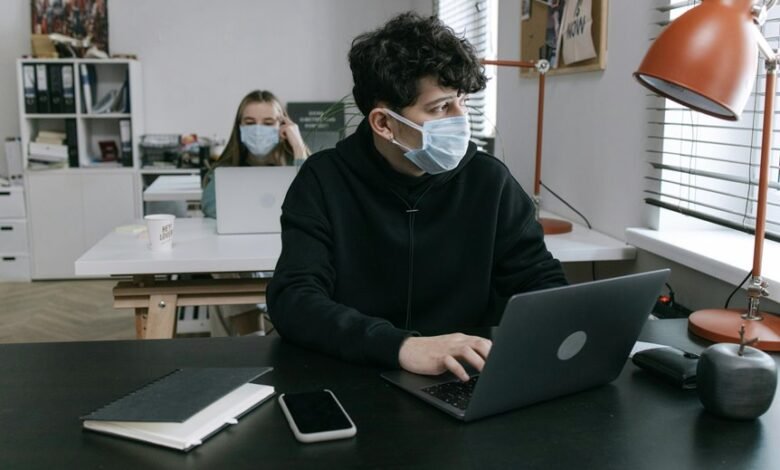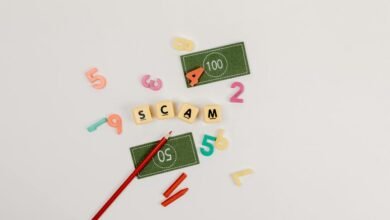Caller Fraud Detection Hotline Protection Agency 3510756427 3883561149 3920140383 3534406071 3454534667 3200179181

The Caller Fraud Detection Hotline Protection Agency addresses the escalating issue of caller fraud through targeted resources and educational initiatives. By employing specific identifiers, such as 3510756427 and 3883561149, the agency aids individuals in recognizing potential scams. With an emphasis on awareness and proactive measures, the hotline serves as a critical line of defense. Understanding the nuances of these resources can significantly impact community safety against fraudulent activities. What strategies does the agency recommend for effective defense?
Understanding Caller Fraud and Its Impact
As technology continues to evolve, the prevalence of caller fraud has escalated, posing significant risks to individuals and organizations alike.
Various caller tactics, including spoofing and social engineering, exploit trust to deceive victims. Understanding these methods is crucial for effective fraud prevention.
Organizations must implement robust strategies to safeguard sensitive information and educate individuals on recognizing and responding to fraudulent calls, ensuring greater security.
How to Identify Potential Scams
How can individuals effectively discern potential scams amid a barrage of unsolicited calls?
Recognizing scam indicators is crucial. Common caller red flags include pressure tactics, requests for personal information, and unfamiliar numbers.
Additionally, unsolicited promises of prizes or urgent threats often signal fraudulent intent. Awareness of these signs empowers individuals to protect themselves and maintain their freedom from deceitful schemes.
Resources Offered by the Caller Fraud Detection Hotline
Individuals equipped with knowledge about potential scams can further enhance their defenses by utilizing the resources provided by the Caller Fraud Detection Hotline.
This agency offers hotline services designed for effective fraud prevention, including educational materials, real-time alerts about emerging scams, and guidance on reporting suspicious activities.
Such resources empower individuals to make informed decisions and protect their personal information from fraudulent exploitation.
Steps to Take If You Suspect a Scam Call
What actions should be taken when a scam call is suspected?
First, individuals should cease communication immediately and avoid sharing personal information.
Next, document the call details for reporting scams to relevant authorities.
Finally, consider blocking the number to prevent future contact, thereby protecting privacy.
Taking these proactive steps not only helps the individual but also contributes to wider efforts against fraudulent activities.
Conclusion
In the fight against caller fraud, the Caller Fraud Detection Hotline Protection Agency serves as a lighthouse, guiding individuals through the murky waters of deceit. By illuminating the telltale signs of scams and providing essential resources, it empowers communities to shield themselves from the shadows of manipulation. As individuals embrace this knowledge, they become vigilant sentinels, collectively fortifying their defenses against the ever-evolving landscape of fraud and ensuring a safer communication environment for all.




